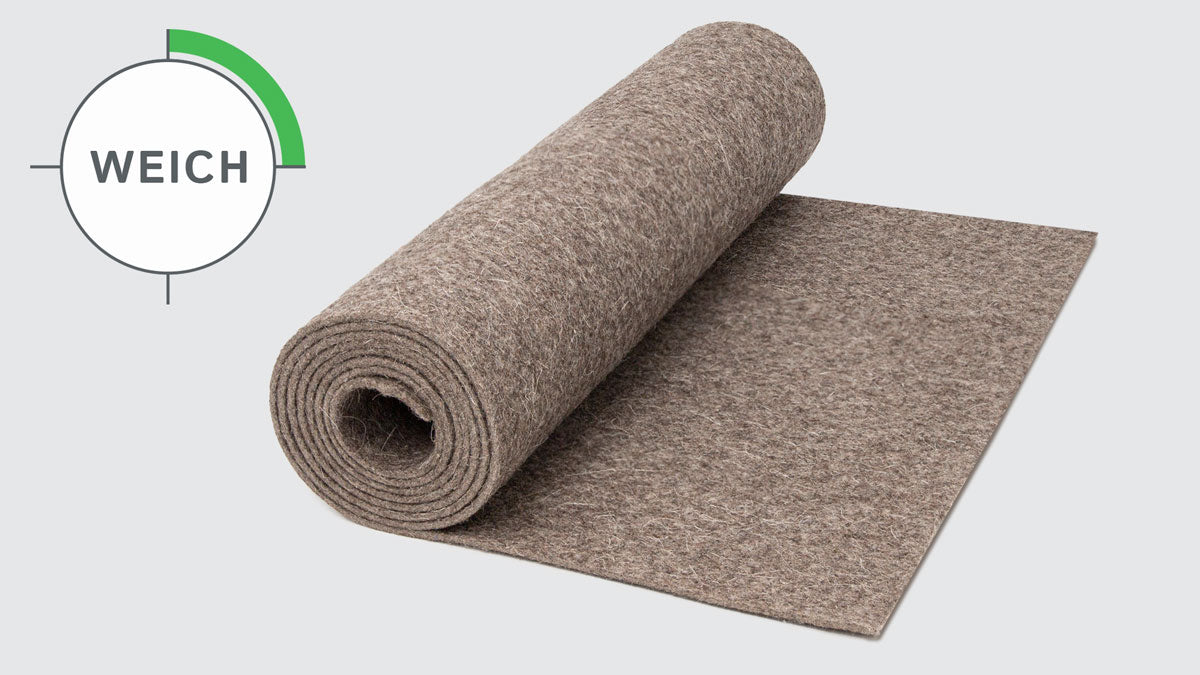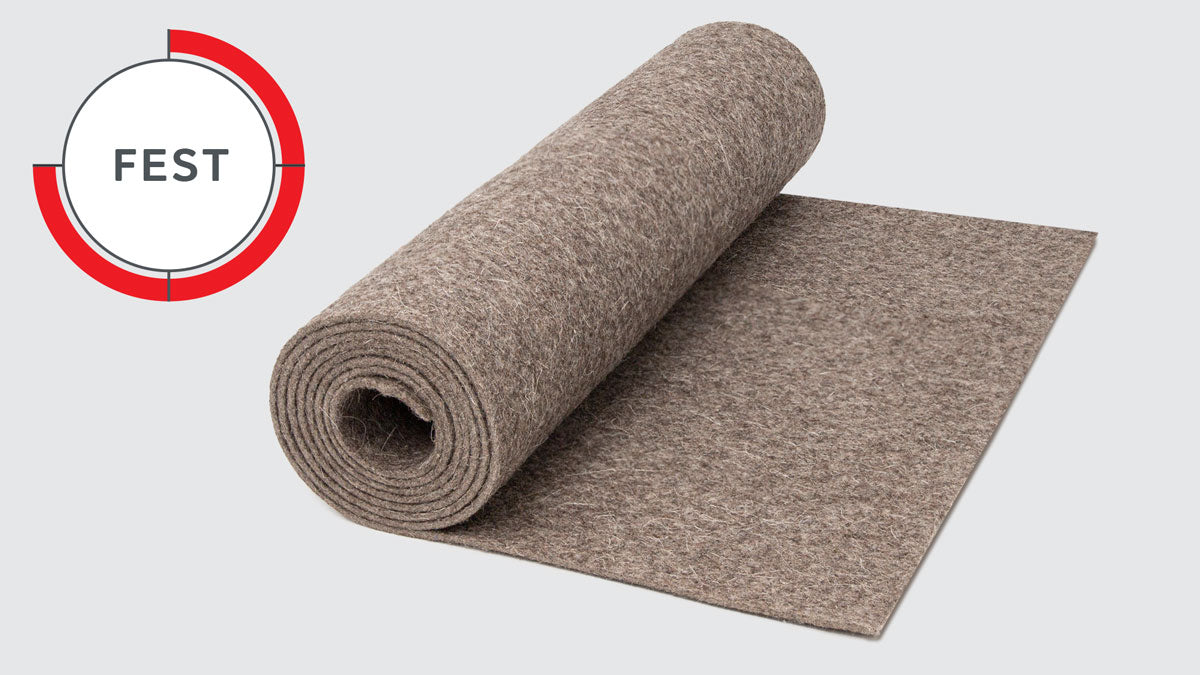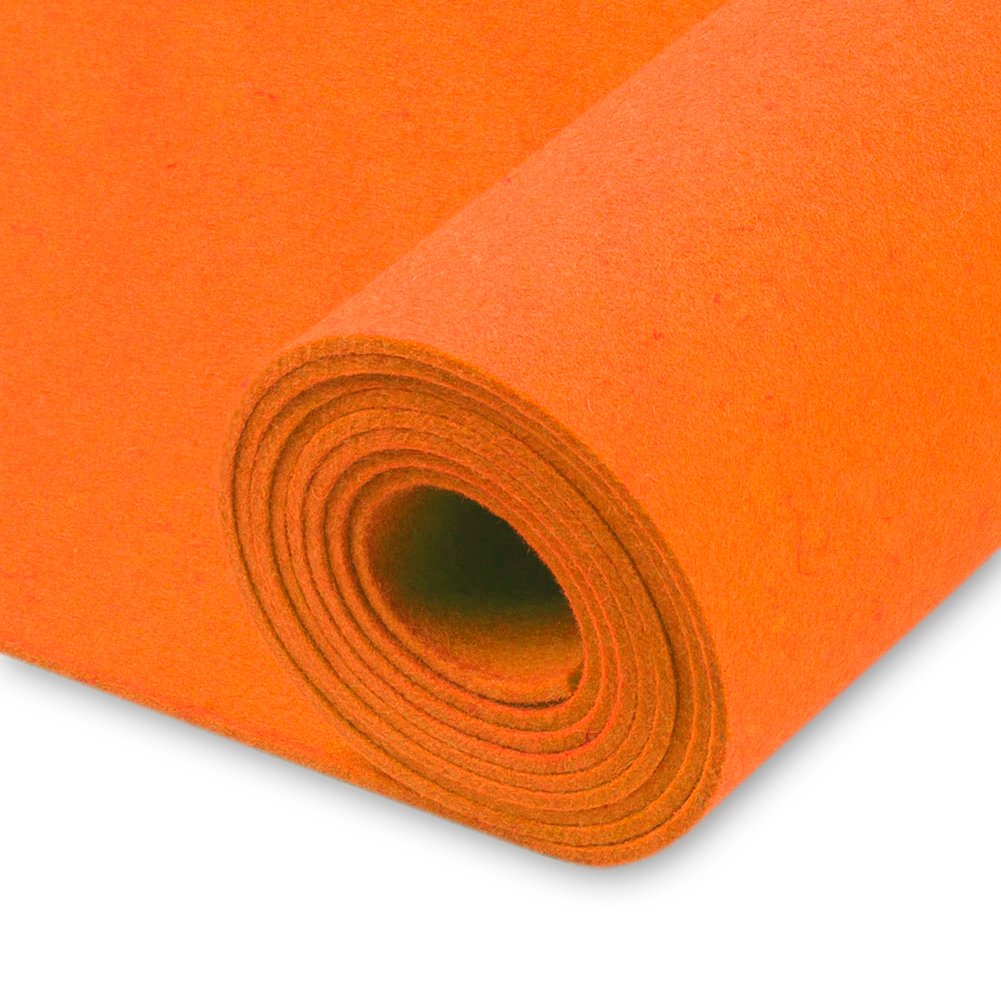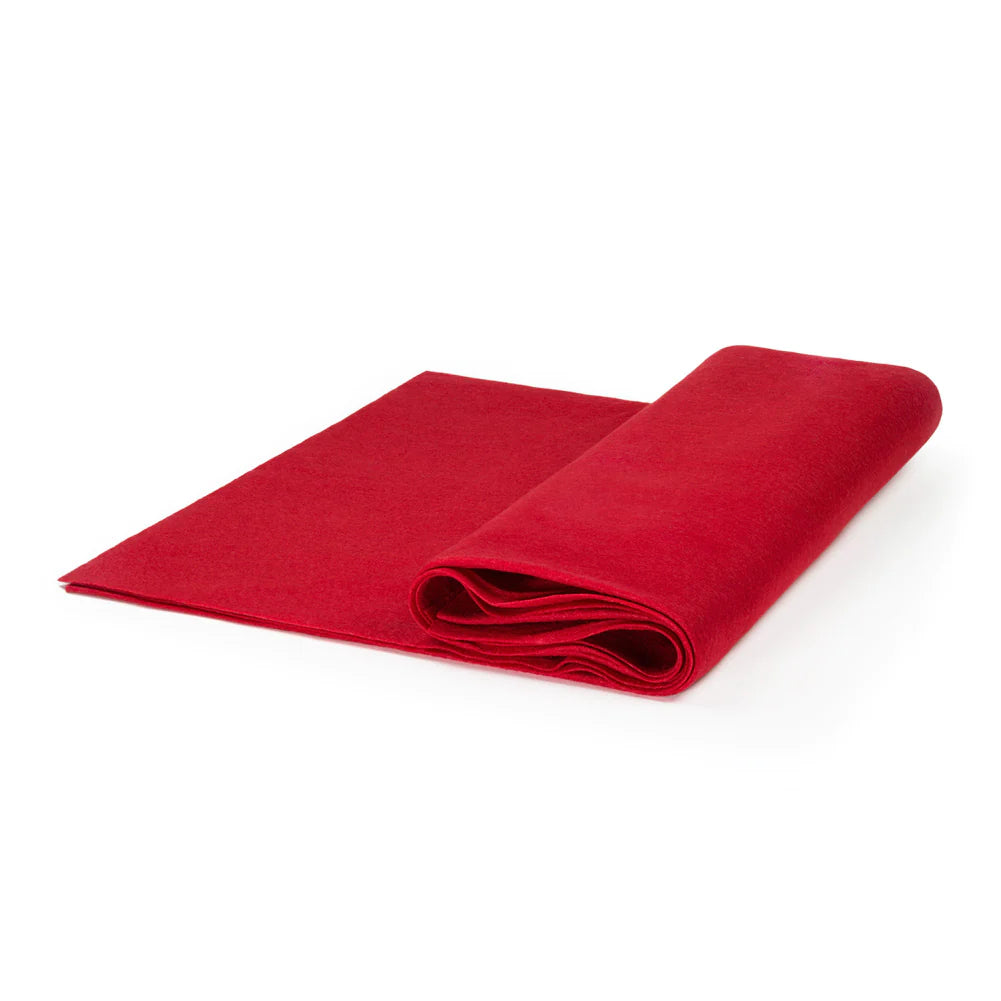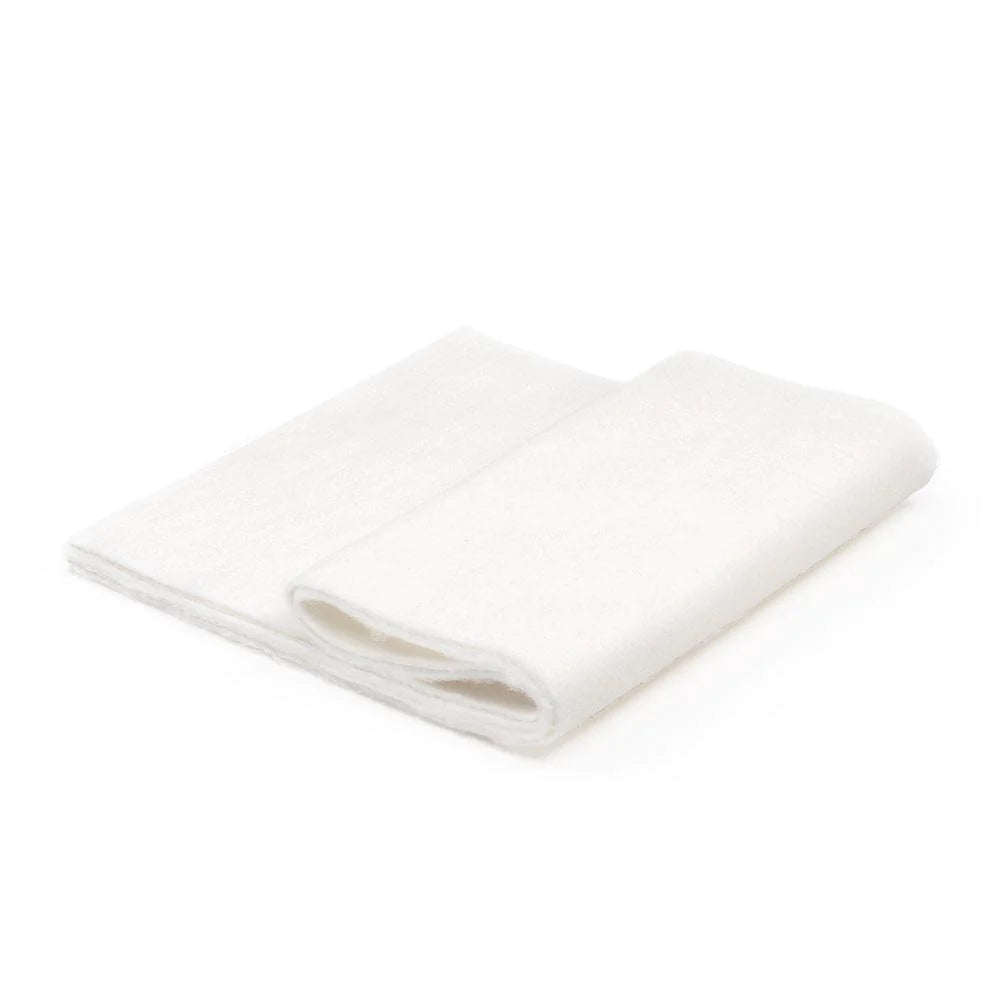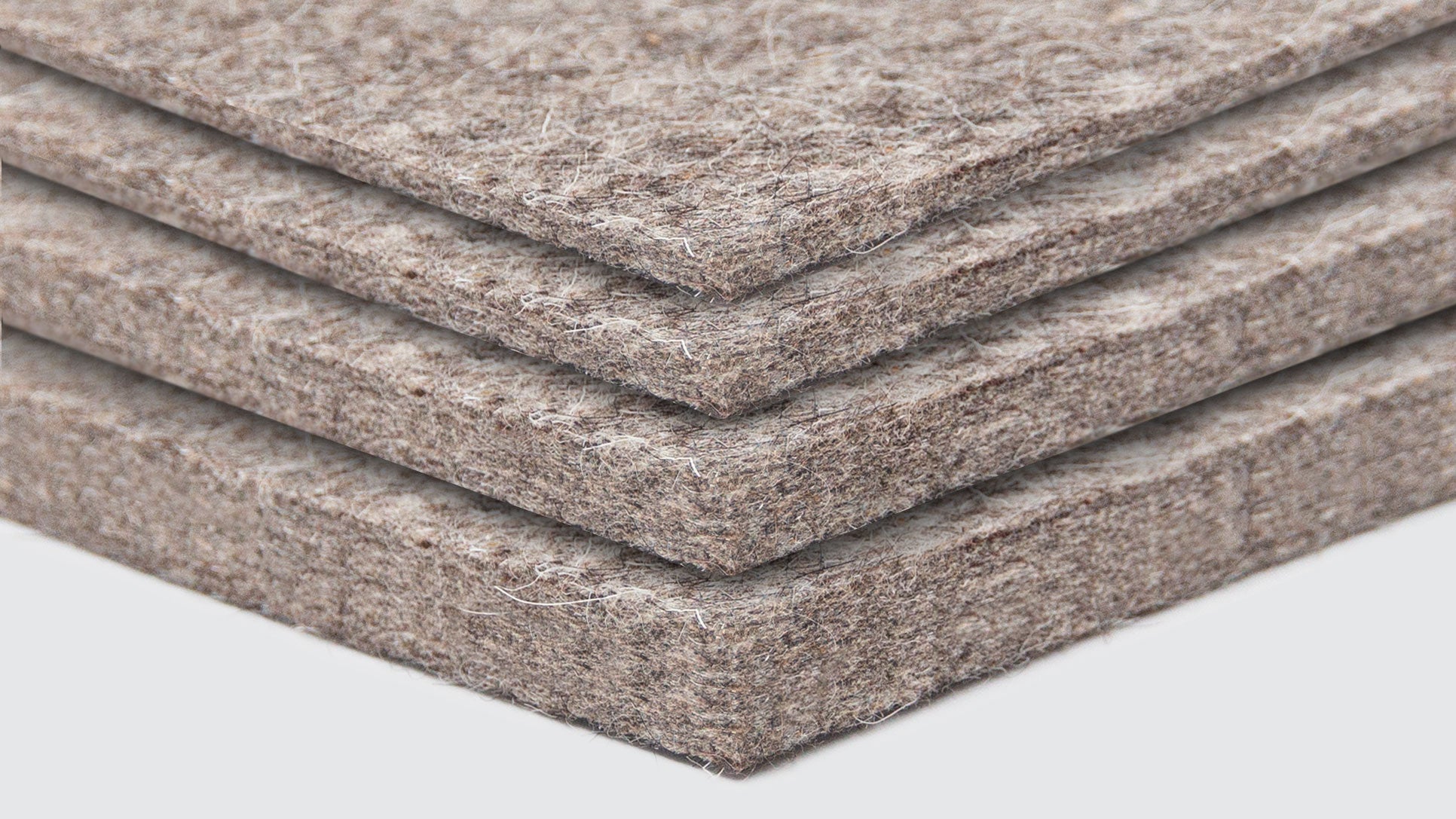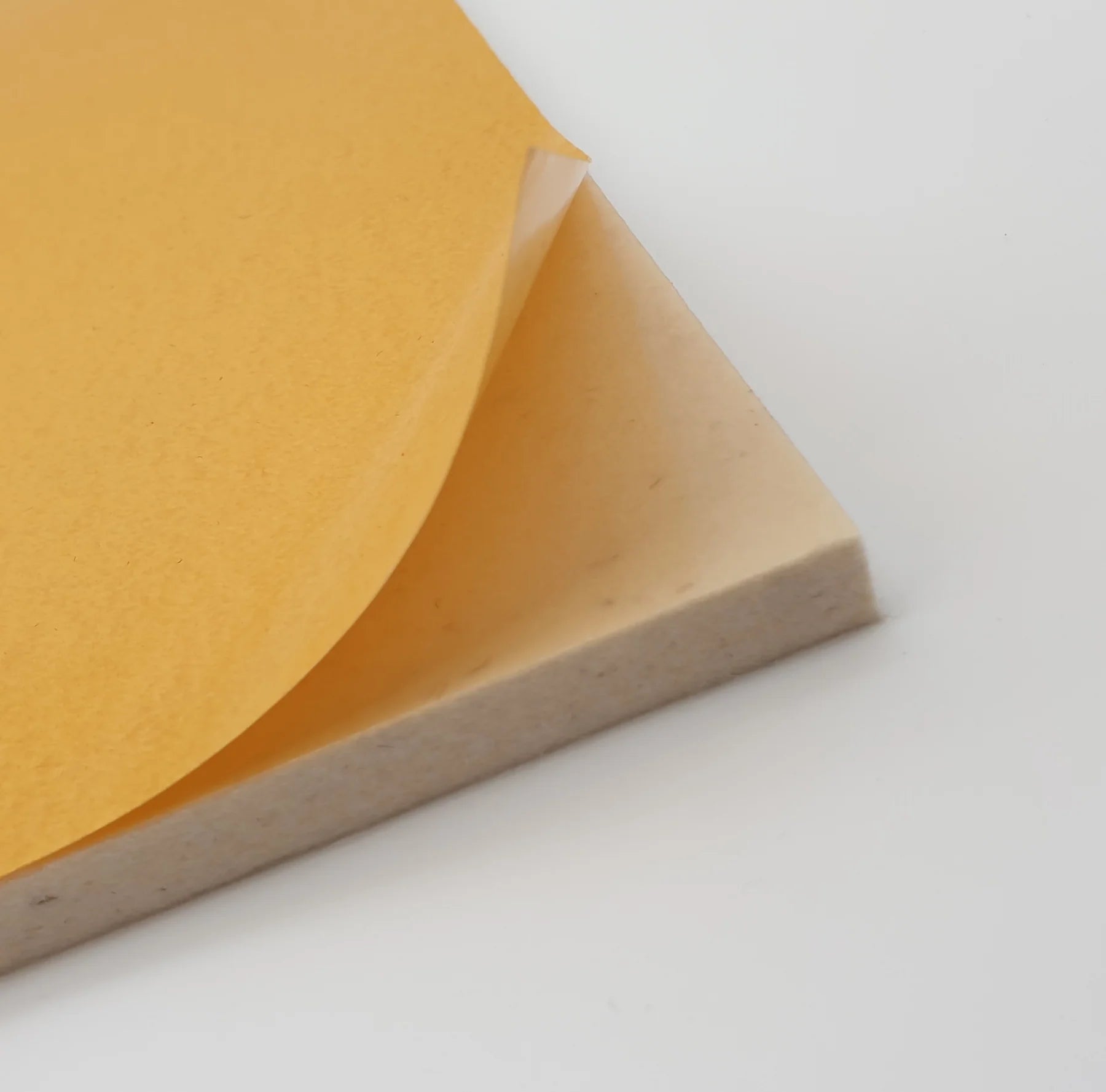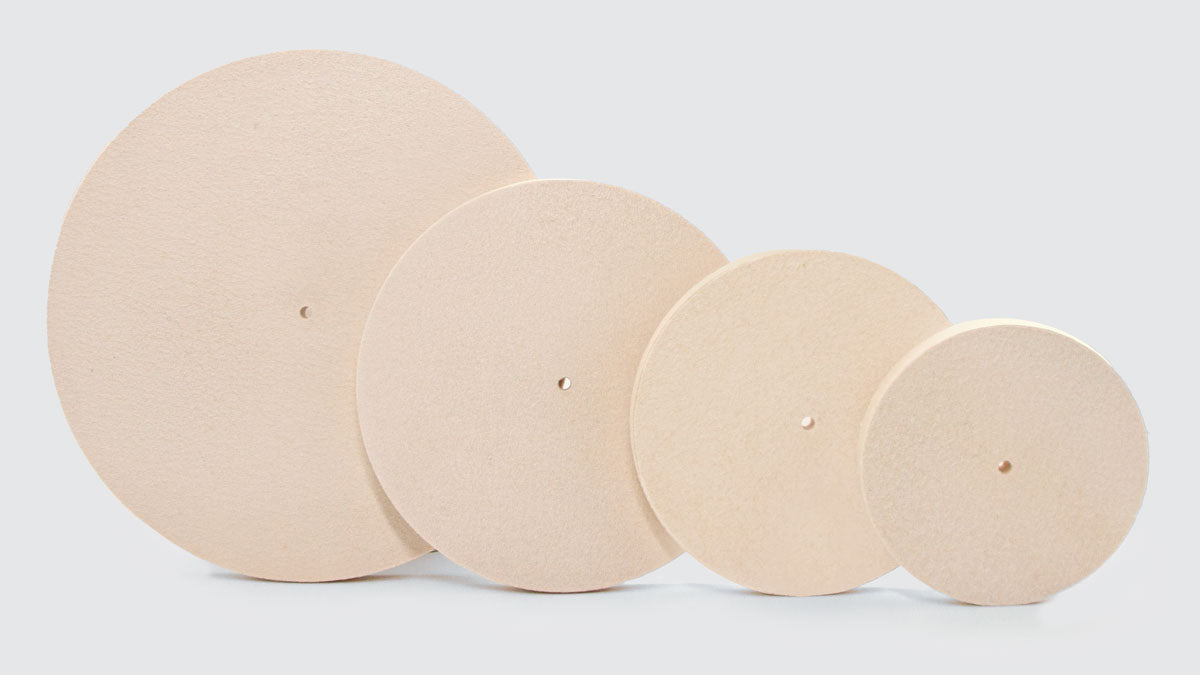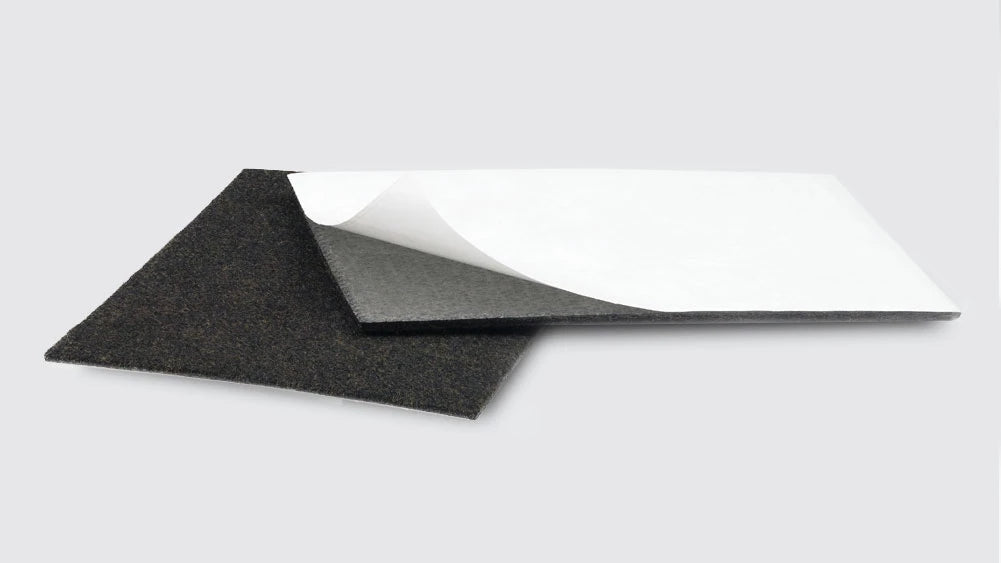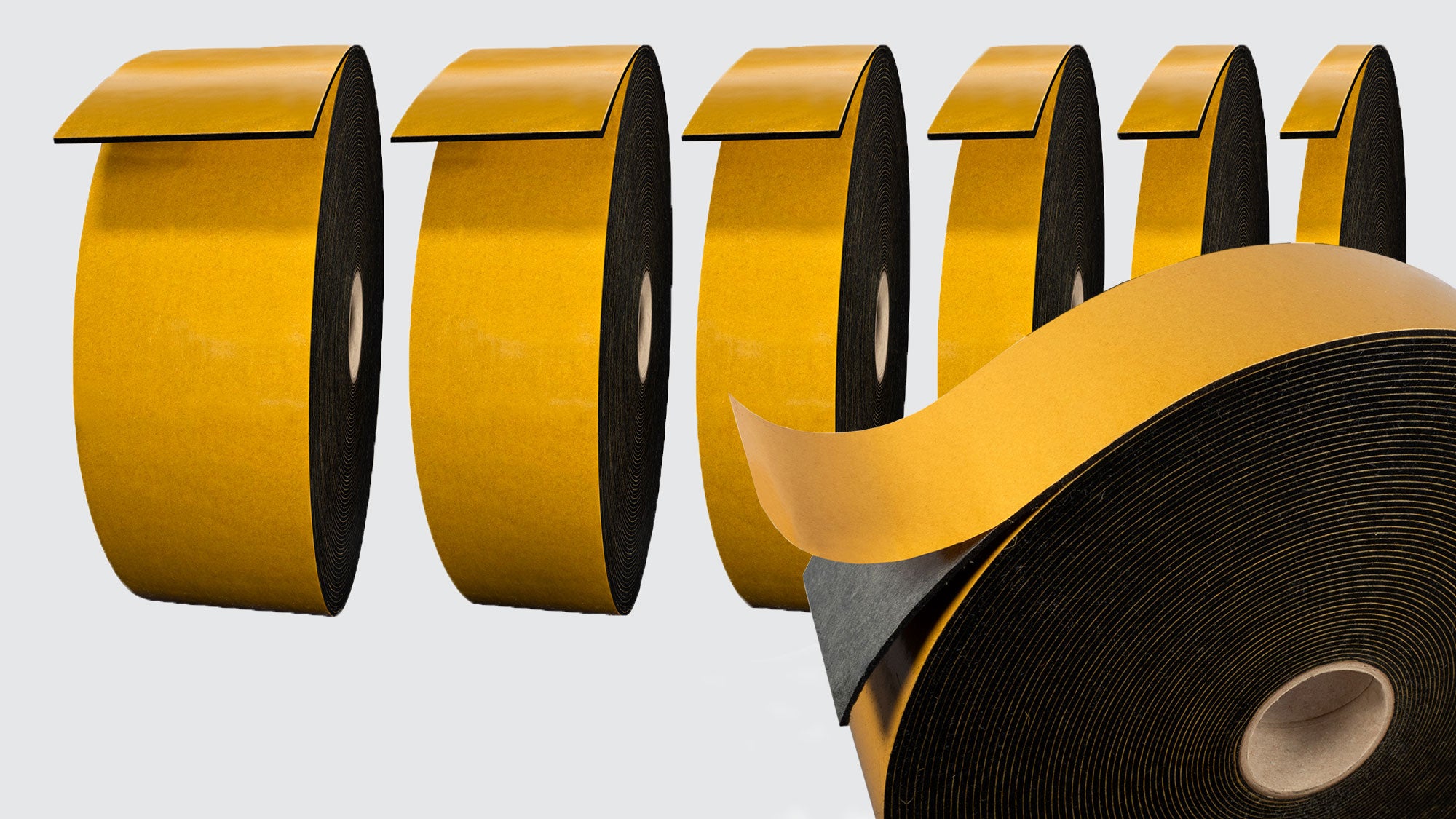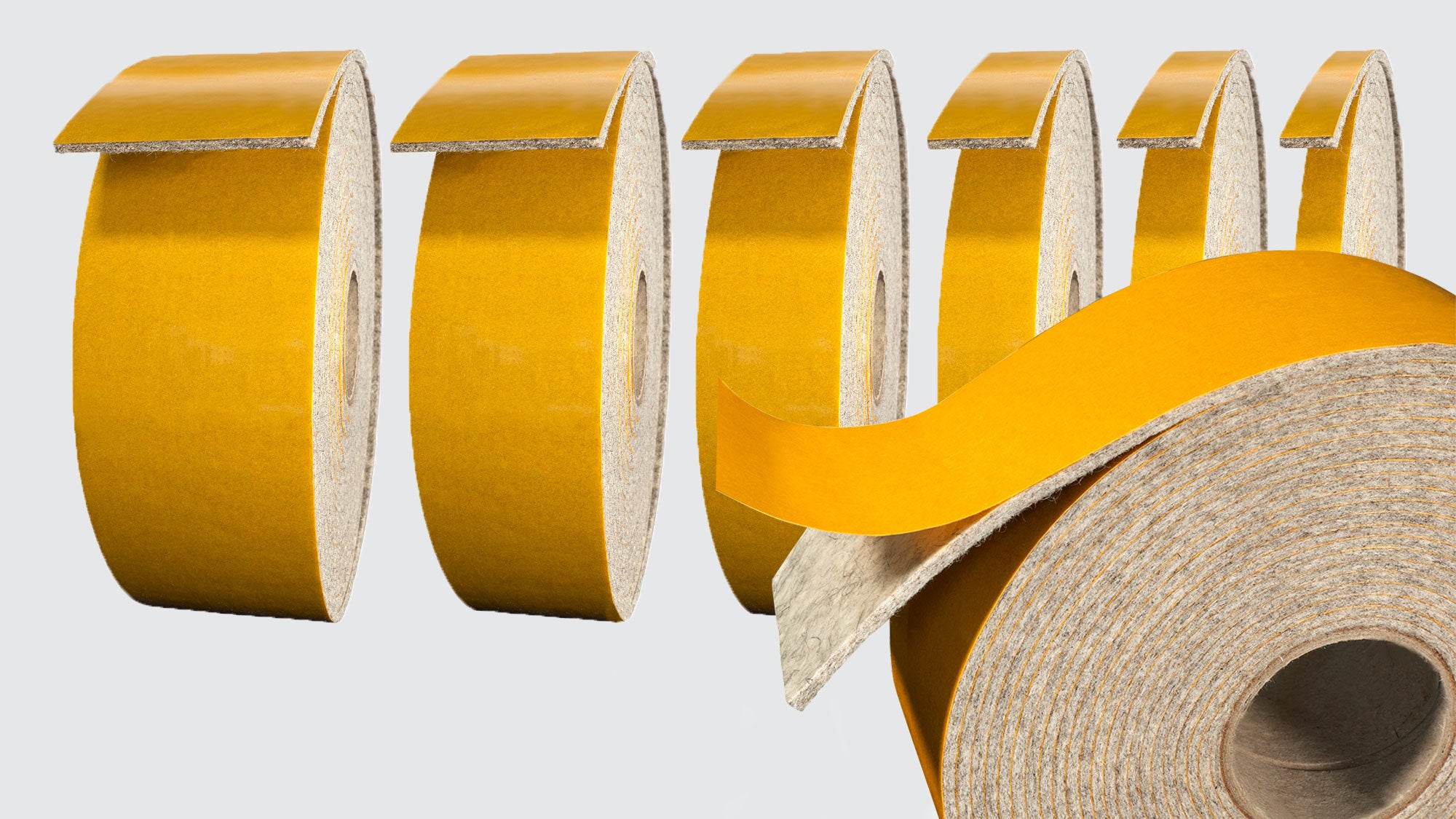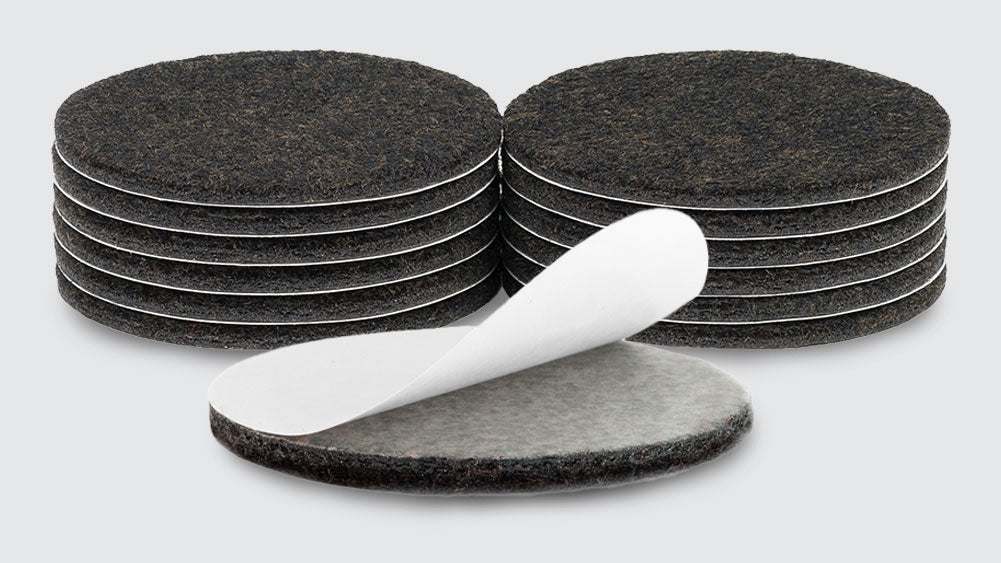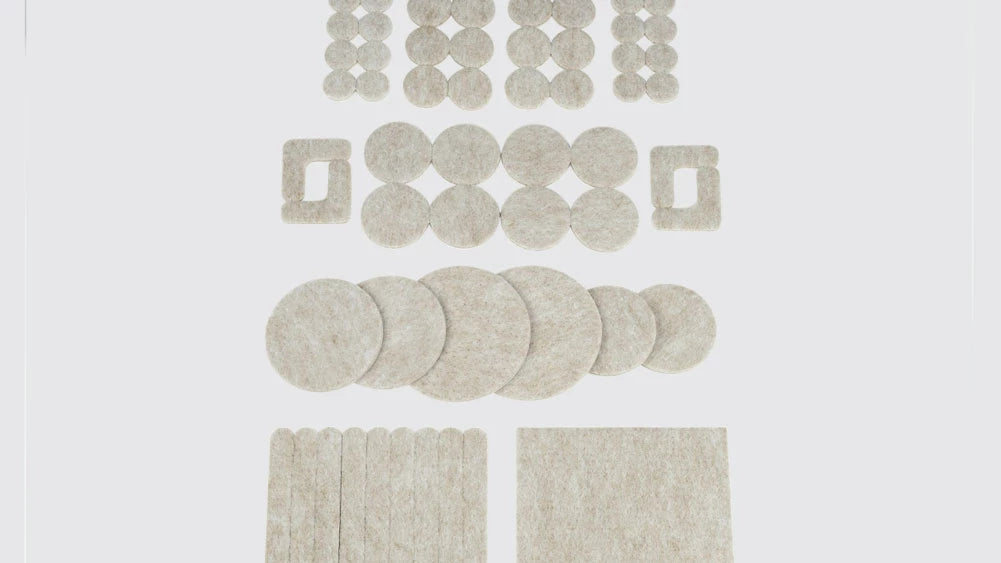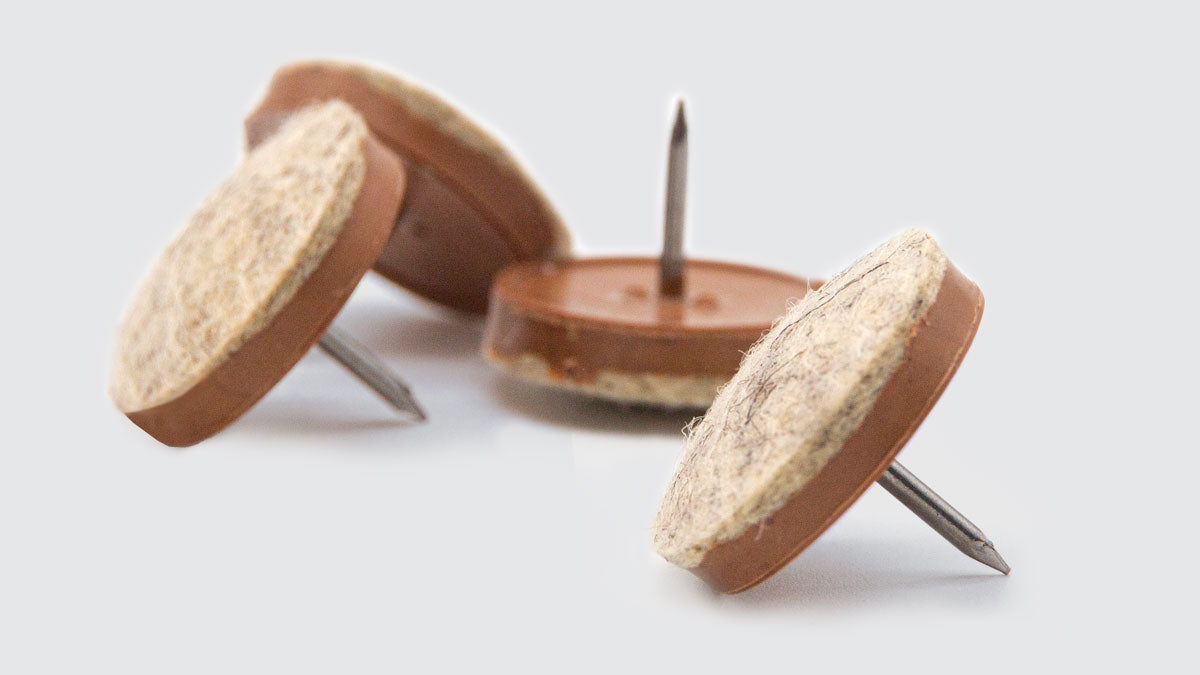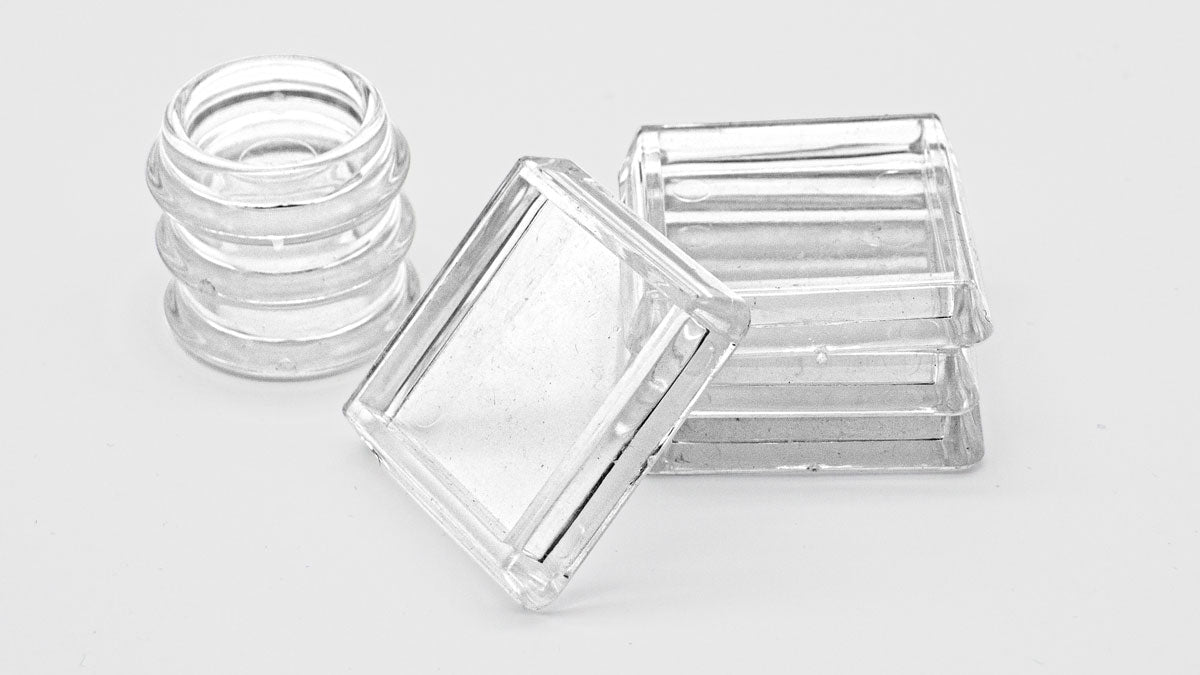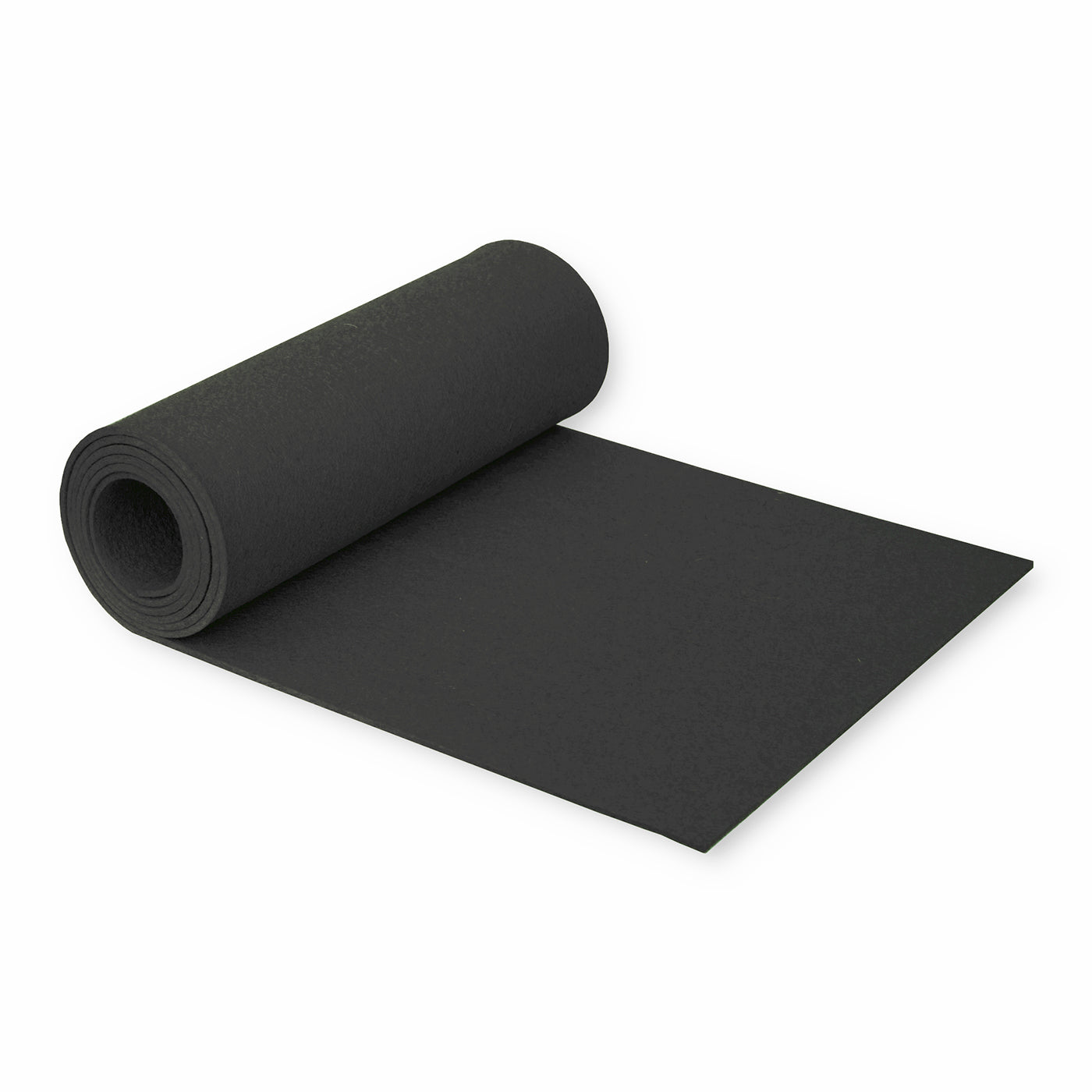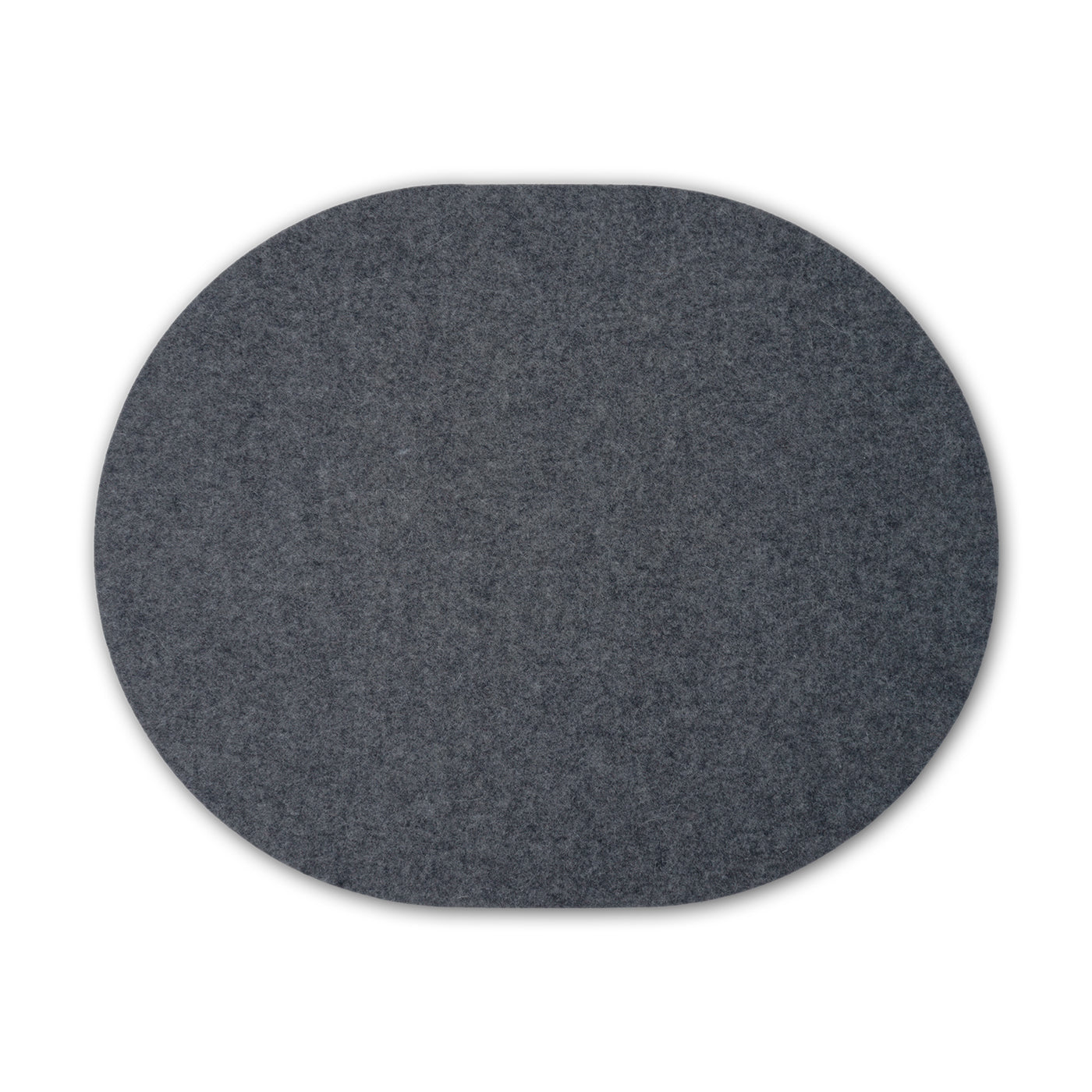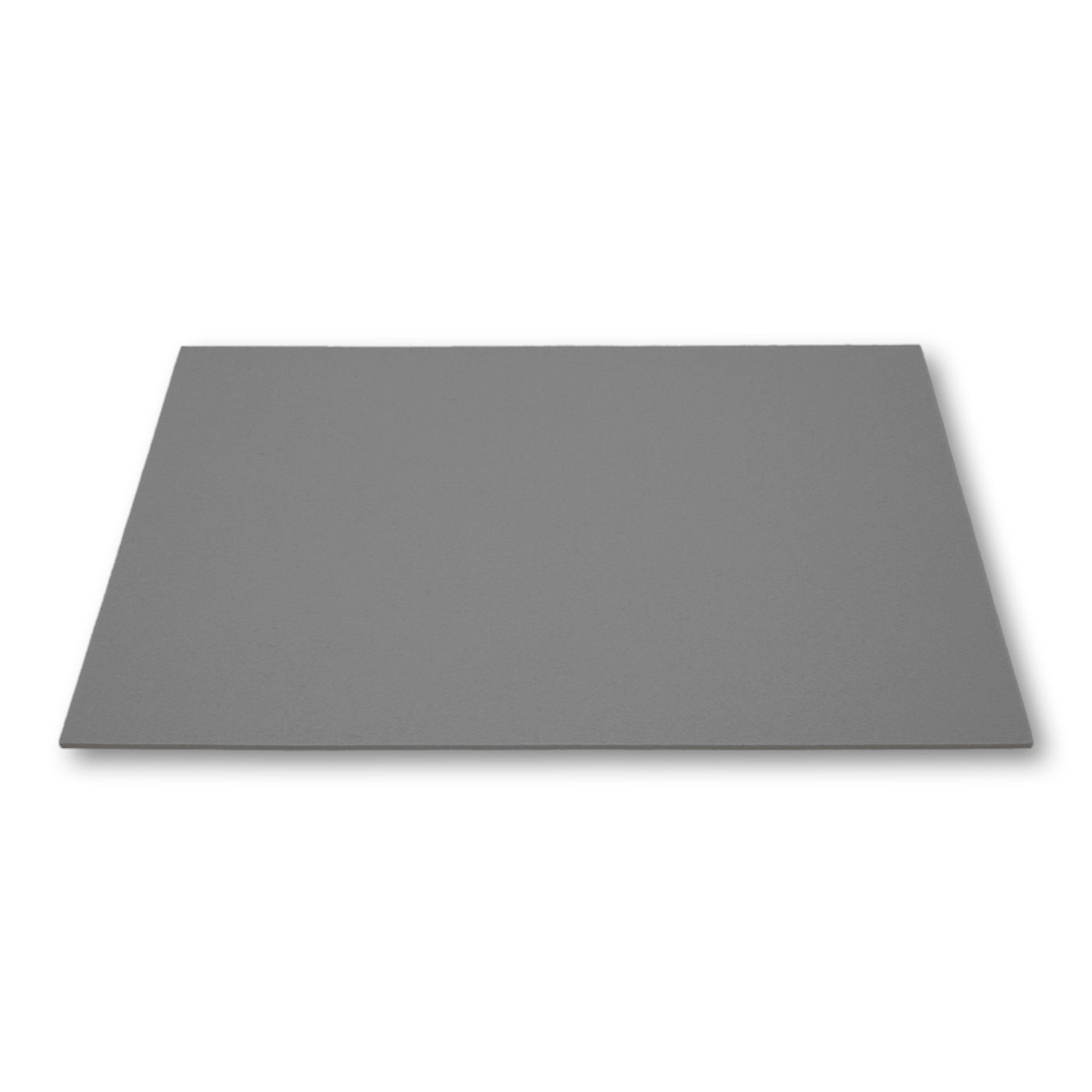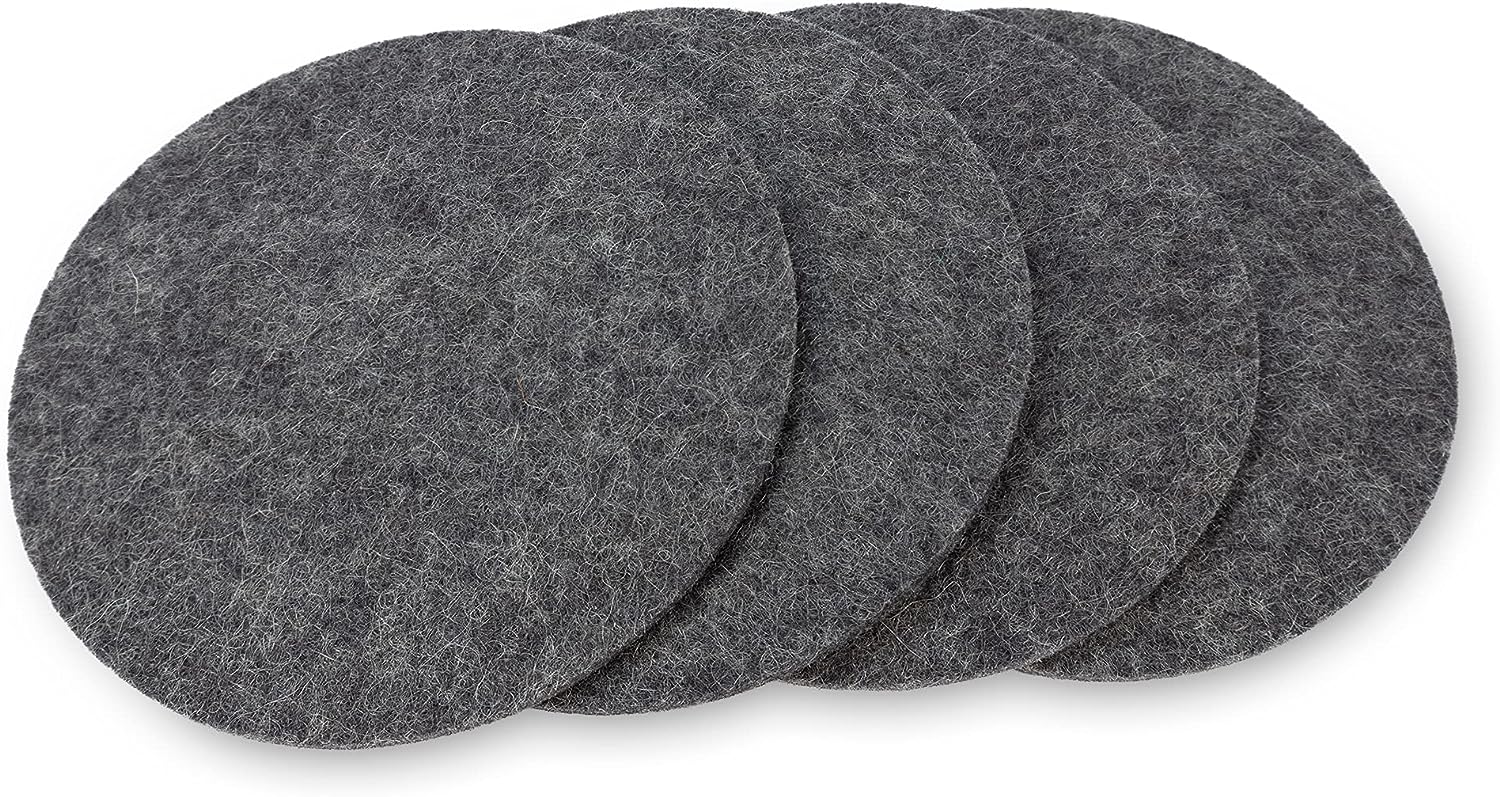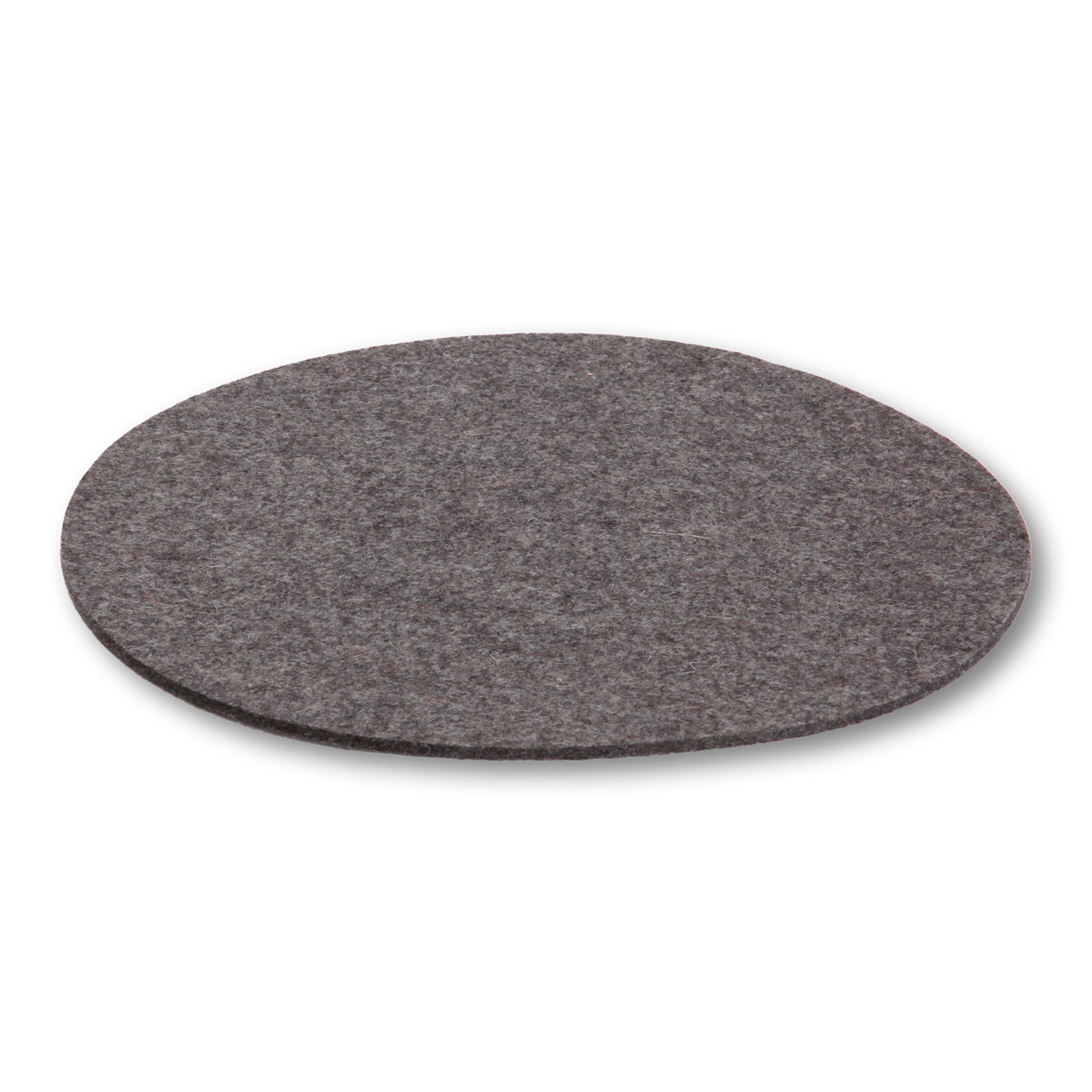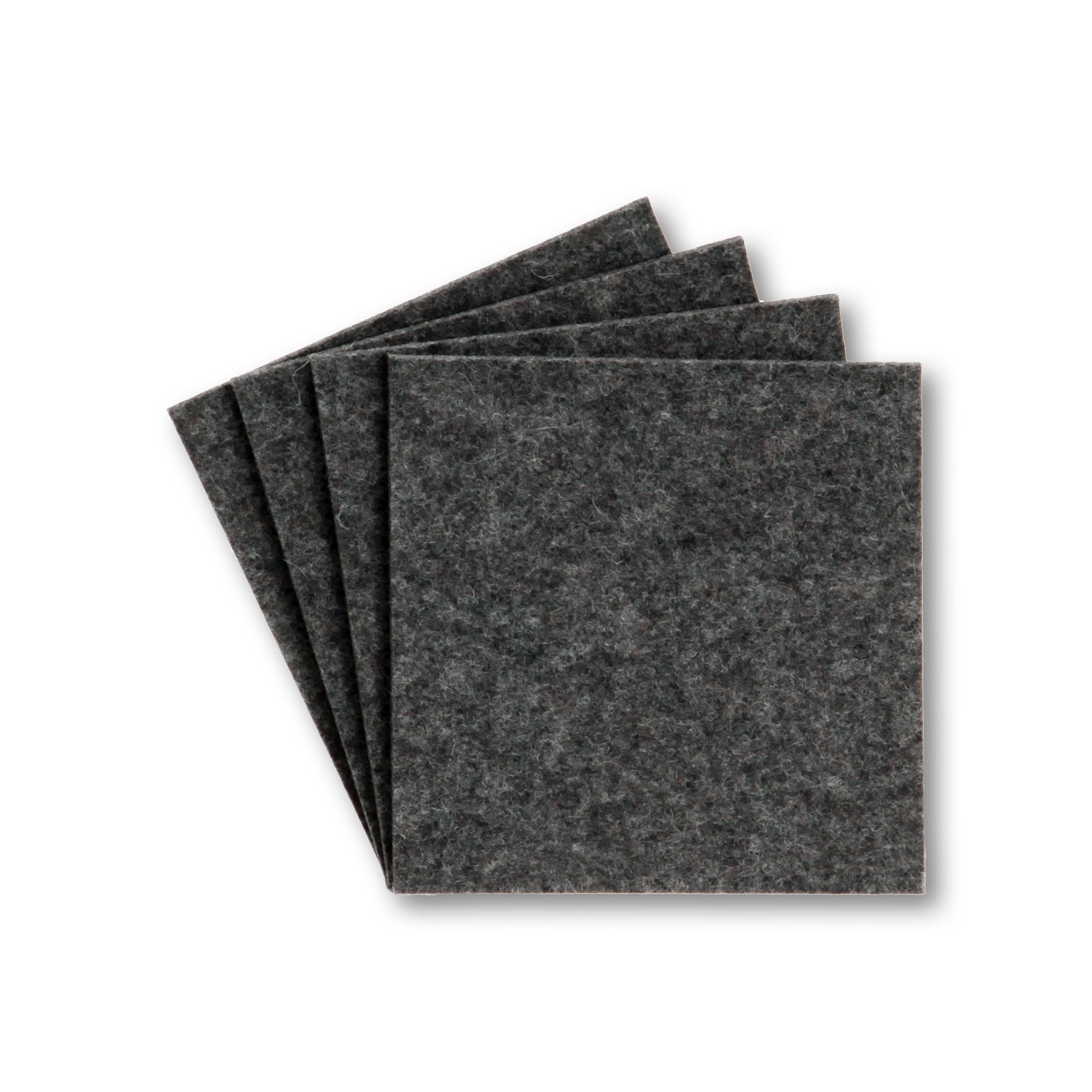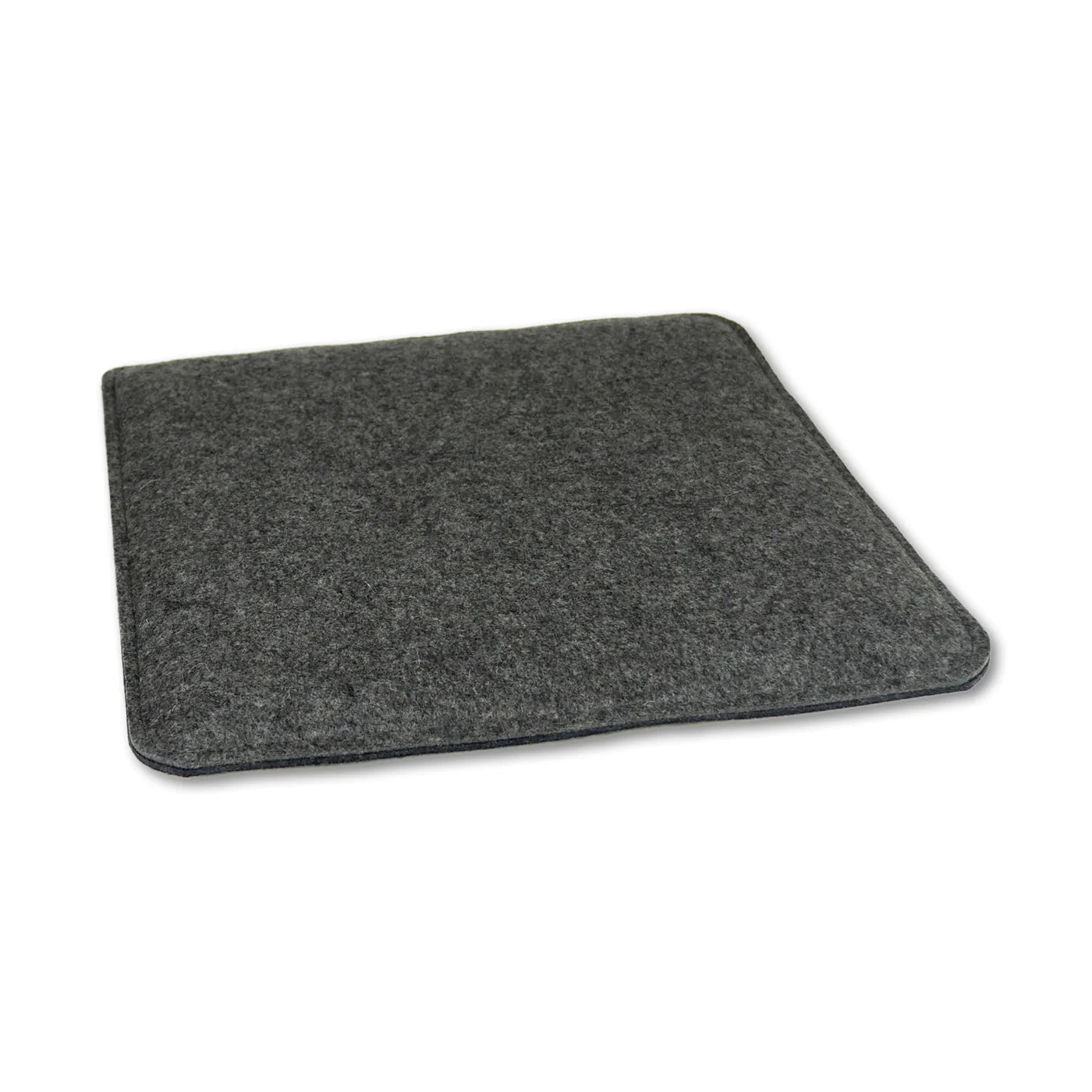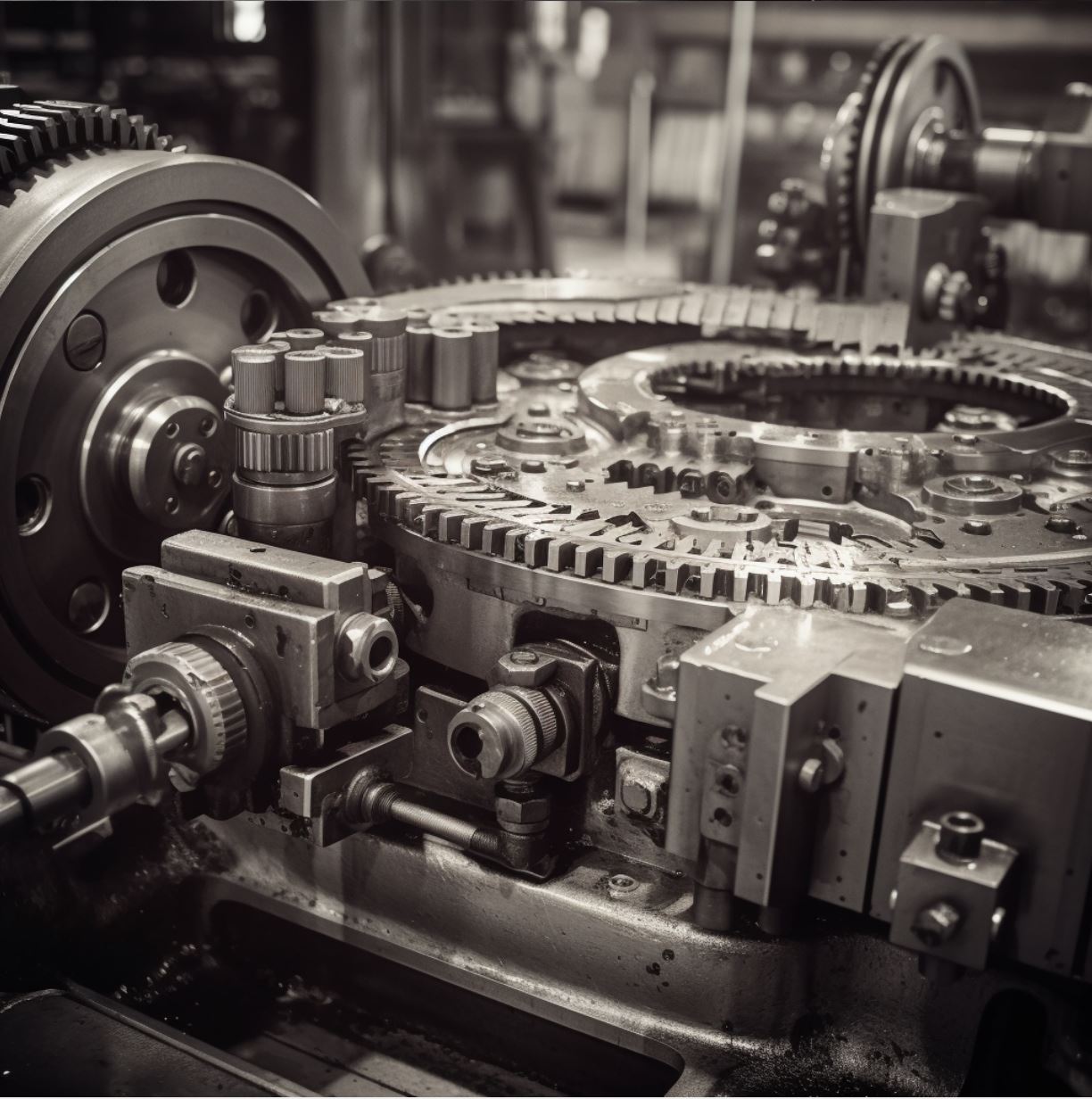Table of contents
- Durability in harsh environments
- Protection of products and machines
- Reduction of noise and vibration
- Thermal insulation
- Sustainability and environmental compatibility
Durability in harsh environments 
short:
Felt products can withstand high loads and last longer than other materials, even under harsh conditions, such as in production or in workshops.
Industry often faces harsh conditions that can cause materials and equipment to wear out quickly. Felt can offer advantages here due to its high density and elasticity. It is resistant to wear and tear and can retain its shape and strength despite high loads. Compared to other materials such as plastic or leather, felt is often more durable and long-lasting.
Overall, the durability of felt products in harsh industrial environments can help reduce maintenance costs and downtime by providing a long-lasting solution that can withstand the demanding conditions.
Protection of products and machines

short:
Felt can be used as padding and protective material to protect products and machines from damage or scratches.
Using felt as a protective material can not only extend the lifespan of machines and equipment, but also increase productivity . Because if a machine is damaged or breaks down, this can lead to production losses and delays. In addition , felt as a protective material can help ensure that products remain undamaged and arrive at the customer in perfect condition. This can strengthen the company's reputation and help keep customers happy and coming back.
Reduction of noise and vibration

short:
Felt has excellent sound absorbing properties and can help reduce noise and vibration problems in industrial environments.
Felt can help reduce noise and vibration problems in industrial environments because it has excellent sound-absorbing properties. When machines and equipment are in operation, they often generate vibrations and noises that can spread to other machines and equipment and negatively affect working conditions.
Using felt as a soundproofing material can reduce these problems. Felt can be used as an insulating material in soundproof curtains , sound absorbers and silencers or to decouple components to reduce the noise generated by machines and equipment. Felt can also be used as padding on machine parts and components to dampen vibrations and therefore extend the life of machines and equipment.
Reducing noise and vibration in the industrial environment has several benefits. On the one hand , employees can work more productively in a quieter environment and are exposed to fewer health risks from noise exposure. On the other hand, the service life of machines and equipment can be extended , as vibrations and noise can cause damage to parts and components.
Overall, as a sound-absorbing and vibration-damping material in industry, felt can help improve working conditions , extend the life of machines and equipment, and increase productivity.
Thermal insulation

short:
Felt has good thermal insulation and can help retain heat in machinery and equipment, which can be beneficial in industry.
In environments with high temperatures or harsh working conditions, such as in the metalworking industry or foundries, felt can be used as an insulation material . Because of its thermal insulation properties, felt can help retain heat in machinery and equipment, improving equipment efficiency and lifespan.
Felt as a thermal insulation material offers numerous advantages in industry. It can not only help increase the efficiency of machines and systems, but also improve occupational safety . In environments with high temperatures, employees can be injured by hot surfaces or steam. Felt as a thermal insulation material can help minimize these risks.
In addition, felt as a thermal insulation material can help save energy costs because less energy is required to heat machines and systems. This not only allows the company to improve its environmental footprint, but also save costs and become more competitive. Felt as a thermal insulation material can therefore offer both economic and ecological advantages.
Sustainability and environmental compatibility

short:
Wool felt is a natural and biodegradable material that offers a sustainable alternative to synthetic materials.
Additionally, companies can improve their environmental footprint by using fewer materials and reducing waste by using long-lasting felt products.
Wool felt is not only a sustainable and biodegradable material , but it also has a lower environmental impact compared to synthetic materials. Since wool is a renewable resource, felt from wool can be continuously produced without causing a major impact on the environment. In comparison, synthetic materials such as plastic or rubber require the use of petroleum or other limited resources to be produced.
Additionally, using durable felt products can also reduce waste as they have a longer lifespan than products made from other materials. By using felt as a sealing material in pipes or as insulation material in buildings, energy consumption and thus CO2 emissions can be reduced . Felt therefore also makes a contribution to environmental protection in industry.




